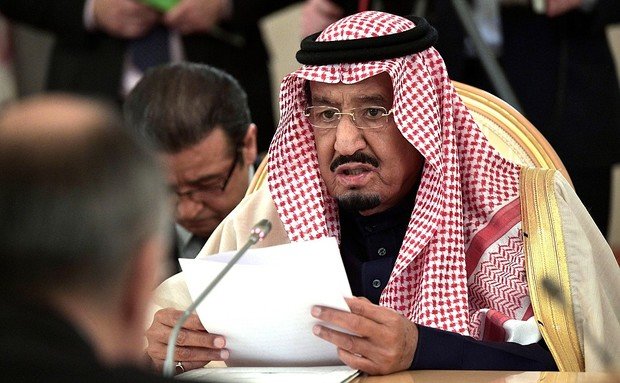Russian energy majors to limit expansion to Middle East
After years of persistent expansion overseas, Russian oil and gas companies are going to temper their appetites, energy experts believe. Any new projects, especially in the Middle East, will be developed carefully and incrementally.
In the coming years, we should not expect any ambitious oil and gas projects with Russian involvement in the Middle East, says The Valdai Discussion Club citing Director of Russia's National Energy Security Fund Konstantin Simonov. The expert considers that the country will soon enter a period of reassessment of its foreign expansionist oil and gas strategy. Previously, Russian companies were actively promoting overseas projects in South America, Africa and the Middle East, as they tried to follow major transnationals oil and gas players, says Simonov. However, now they are experiencing a comedown.
The specifics of Middle Eastern markets entail politico-economic risks, and the Russian companies that have worked in the region for a while are well aware of them. In Iraq, for example, the problem is not only the country's political stability but also the terms of working with people who represent the government, believes the expert. He considers Iraq the most promising market of all existing in the Middle East. ''What I have in mind are absolutely unique projects, plus rich oil reserves and low costs in this place''. Simonov points out that Russian Lukoil and Gazpromneft have acquired valuable experience in dealing with the local administration while developing oilfields in the country.

Iran, which looked like a promising market after signing a nuclear deal in 2015, is a different matter, says Simonov. ''I don't think we'll have any breakthroughs in Iran given our highly sensitive attitude to sanctions''. Besides, the country is Russia's ''most direct strategic rival'' in the gas sector, while Saudi Arabia is a direct rival in terms of oil supplies. ''We will not be present in Saudi upstream and I'm really rather doubtful that they will be present in our upstream, either,'' the expert said, adding that he also considers the involvement of Saudi Arabia in Russia's Arctic LNG-2 project to be unlikely.
Finally, Russia's corporate involvement in overseas oil and gas projects reflects on the global balance, which is now especially significant. ''We are cutting our domestic production while stepping up Russian-paid production in other countries. Here we are faced with a dilemma: on the one hand, there is money to make, but on the other, by this virtue you will unbalance the market. You are cutting production at home while boosting it elsewhere. This problem seems rather important in the context of Middle Eastern projects,'' Simonov concludes.